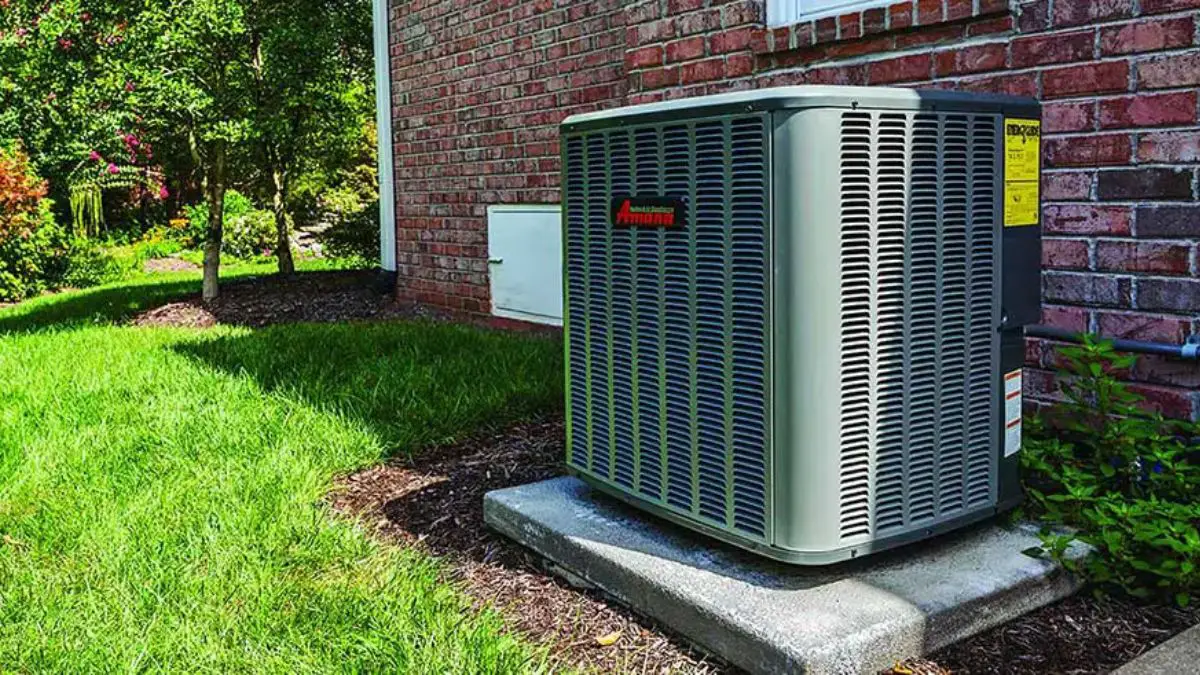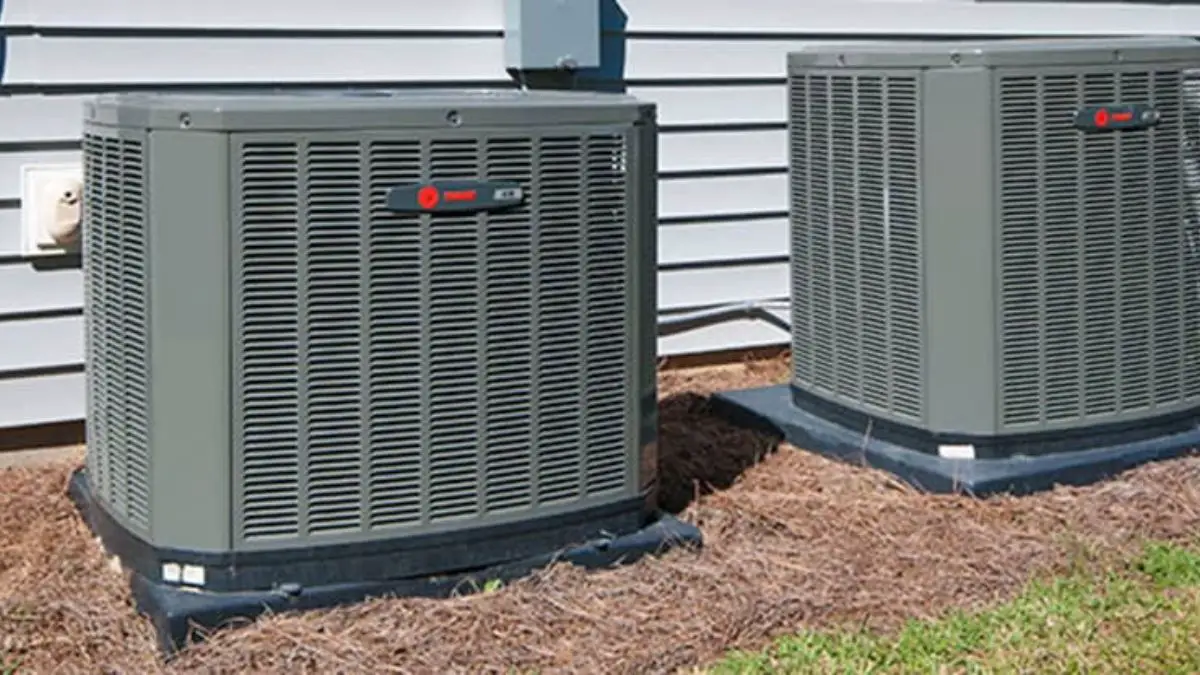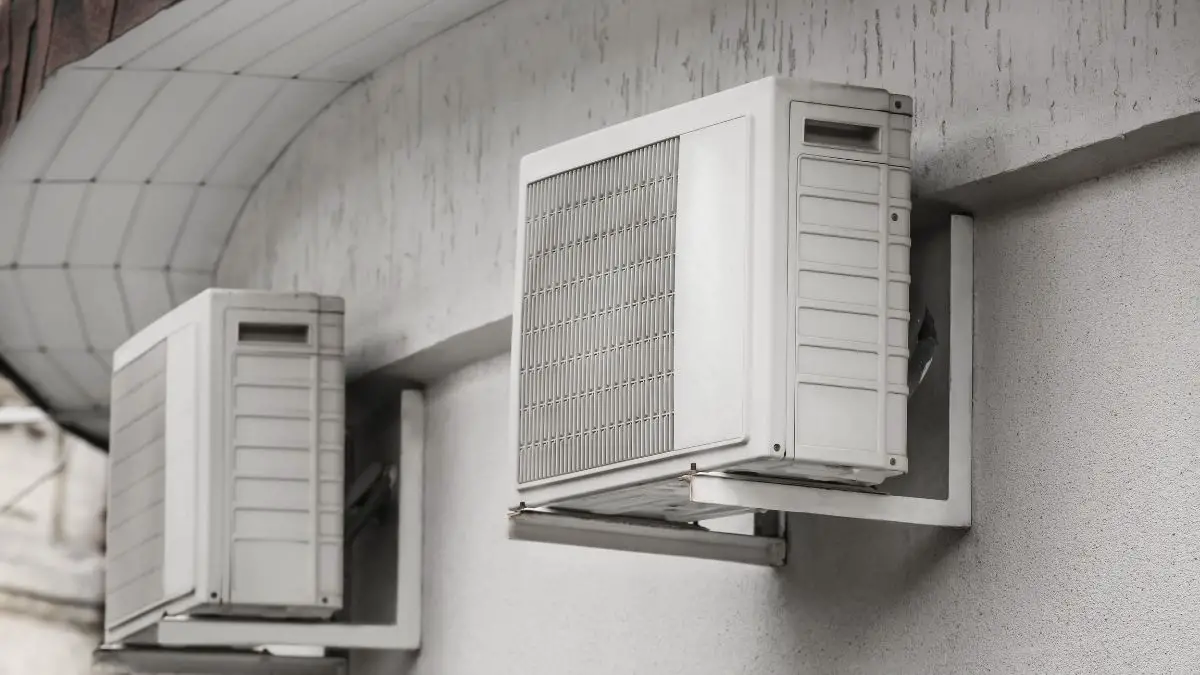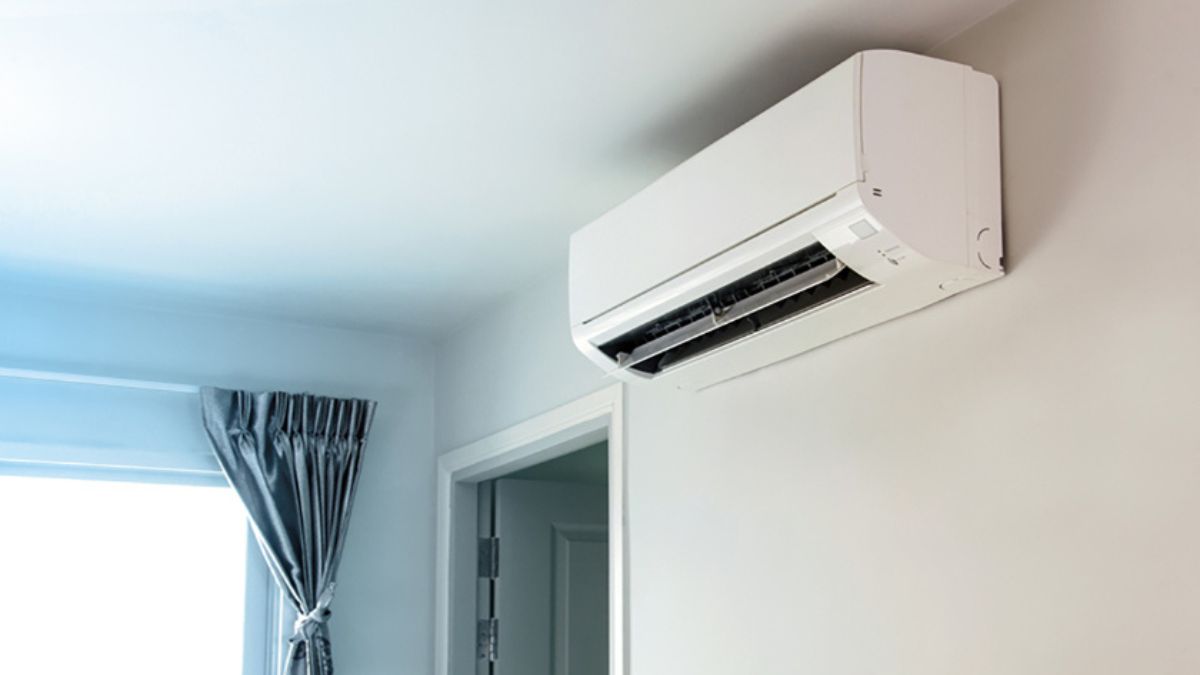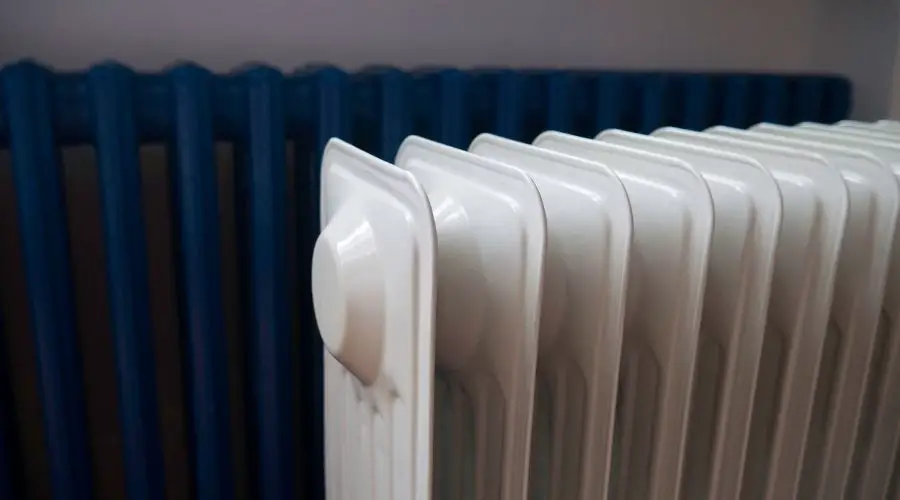
As a homeowner who lives in an area where it gets cold in the winter, one of the main concerns you will eventually run into is that your house will get chilly soon.
If you live in those older houses with drafty windows or generally a big area, such as the family room or an open space home, then it may be too much of an issue, and you’ll need an excellent portable heating system.
You have come across oil-filled heaters and realize they are one of the best heaters to go by, but can an oil heater catch on fire? This information is something you do NOT want to skip out on knowing!
Oil heaters typically do not cause many issues but may catch on fire or explode when their thermal fuse fails to shut them off. This, in return, can cause a thick cloud of black smoke, an odorous smell, disfiguring scalding, and oil on walls and surfaces. Some manufacturers offer oil heaters with fans, increasing the airflow over the heater.
We need to go over some necessary points before deciding whether oil-filled heaters are for you or not. Since oil heaters are one of the safest options for heating your home, we need to look at how you can prevent a fire from happening and if they are TRULY safe to leave unattended.
We will also review if they are a good option for your household. Let us get down to the nitty-gritty of it all to ensure better safety for your family!
How Can Oil Heaters Catch On Fire?
Going more into detail, oil-filled heaters can catch fire if the thermal fuse fails. This means that if the radiator overheats, the fuse will not turn itself off, which will eventually cause an explosion.
Also, oil heaters need to be run on a flat surface only due to their potential to tip over, meaning that you should NEVER run these radiators on top of places such as beds, dressers, or thick rugs due to this particular reasoning.
However, most oil-filled heaters come with a tip-over solution, which means that if the heater is somehow slanted at an angle or falls, it should automatically turn off.
Although technology has come a long way, and we do not have to worry too much about these issues, it does not mean a malfunction can arise. Overall, it is not wise to put your heater on an uneven surface, as a fire can occur this way.
Are Oil Heaters Good To Have Around At All?
In short, oil heaters are a wonderful source to warm your house. They are wonderful for anyone looking for temperature regulation, quality retention, energy efficiency, and keeping the house heated up after they are turned off.
Going more into detail, they are a better alternative than electric heaters because they save you money on electricity in the long run and do not cause any health issues, especially if you are prone to allergies. While electric heaters use circulation, oil-filled heaters will radiate the area with the many metal columns or walls it provides.
A standard oil heater also produces up to 1500 watts of electricity, meaning it is good to emit roughly 150-300 square feet. If you have a larger home, it will be best to get two space heaters as opposed to 1, but living in a tighter space, one would be the perfect amount for you. Now let us get back to the safety of it all.
How To Prevent A Fire From Happening
There are many ways to prevent a fire from happening in oil heaters.
It is always recommended to check the warranty options as well. If the radiator gets too old, you can always go that route in terms of replacement options.
This may be a good thing to do if you believe you are starting to have issues with the system in itself. However, here are a few preventative things to take into consideration:
- Look at the heater and AC plug beginning each winter season. Make sure to watch out for any discoloration or damage done from being stored for nine months.
- Ensure the heater is placed at least 3 feet apart from any person or object when used, especially anything that is flammable, like curtains or furniture.
- When transferring the radiator from room to room, lift and carry it instead of wheeling it around, but ensure it is entirely off and not hot anymore to prevent any burns.
- Cover the heater while in storage to ensure it does not get any dust, dirt, or other objects that could get in between the heater’s bars.
- Make sure your wires are in good shape. Many older homes do not have the best wiring. However, if there are good wires, they can withstand more power.
Are Oil Heaters Safe To Leave Unattended?
In short, it is okay to leave oil heaters unattended. Oil-filled heaters are also one of the safest space heater options for being left on overnight.
Many homeowners do this without any issues, especially since they have an overheat protection that automatically turns off if anything occurs.
Always make sure you do your research beforehand to see what the best and safest options are before purchasing to make sure.
Nevertheless, since these heaters take their time to warm the generalized area up very slowly instead of relatively quickly like other heaters, it is a good indicator that you can leave them unattended or overnight. This feature also makes it why they are safer than others.
Can You Get Carbon Monoxide Poisoning From Oil Heaters?
Many people believe that oil-filled heaters produce carbon monoxide (CO). In retrospect, this is not true. Oil heaters do not make any fumes, which leads to not producing carbon monoxide. This is why they are one of the safest and better options out there to use.
It is extremely rare when an oil heater produces CO because the oil inside the case itself is not used as fuel but as a heat emitter.
Since the radiator is full of combustion, it absorbs the heat, not make it burn or boil. Because of this reason, we do not have to keep refilling it with oil, which saves us money in the long run.
Can You Put An Oil Heater On A Carpet?
We briefly explained that you should not place an oil heater on a high rug, but putting them on a carpet is entirely safe. This is because the casing is made leak-proof, so the chances of any oil coming out of the container are slim.
This does not necessarily mean that it has never happened before. Always check the casing to ensure no leaks have come about, as this can be hazardous to your household.
However, most high-quality oil-filled heaters come with an automatic shut-off button, as we went through above, so it should shut down immediately if it tips over.
Many of these radiators have legs that extend outwards anyway, so the chances of this happening are slim. Realistically, you would have to put immense pressure on it first and foremost for this to happen.
Related Questions:
1. How Dangerous Are Oil-filled Heaters?
The two main risks that oil heaters have are burns on your skin and causes of fire. However, they are much less dangerous than other radiators, such as electric and propane ones, but can be more hazardous than Hydronics, air conditioning, and heat pumps. This is mainly due to the surface temperature that each type of heater contains.
2. How Long Do Oil Heaters Last?
You do not continuously use oil heaters; they can last anywhere between 16-20 years. On the other hand, if the radiator is kept at a higher temperature, it would last about 10 to 15 years instead of longer.
Although these heaters are entirely safe to leave on while you are not present, ensure you provide the heater enough time to rest, especially when it is not in need, such as while you are at work or running errands.
Another critical point to remember is handling the oil-filled heater with care. While not being used, make sure to cover it up as well to ensure no rust forms.
3. Can Oil Heaters Make You Sick?
Today, there is not a lot of information on if oil-filled heaters can cause sickness or not. Many people say that the only risks involved are fire and burns, so it is safe to say that no, they will not make you sick. However, any portable heating system can cause health issues, like skin or headaches.
Conclusion
In short, can oil heaters catch on fire? Yes, they can by the malfunction of the thermal fuse failing. For the most part, these heaters are relatively safe and effective when heating your home, so you can assure not many issues will come if you decide to go with this heating system.
Nonetheless, it is always important to take extra safety precautions, such as an annual check-up on the surface for any cracks and not leaving it on unnecessarily.


